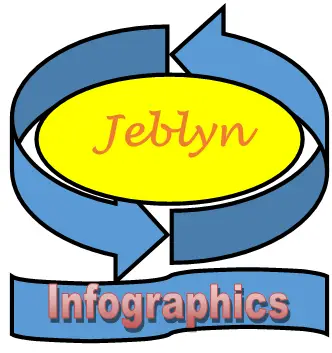Choosing the right web hosting provider is crucial for your online success. HostGator, a veteran in the hosting industry since 2002, has built a reputation for reliability and user-friendliness. This post explores HostGator’s key features, their benefits, and how it compares to top competitors like Bluehost, SiteGround, and GoDaddy.
Key Features of HostGator and Their Benefits
- Diverse Hosting Options
- Features: Shared, VPS, dedicated, and WordPress hosting, plus reseller plans.
- Benefits: Flexibility to scale as your site grows, from affordable shared plans for startups to powerful dedicated servers for high-traffic sites.
- User-Friendly Tools
- Features: cPanel integration, Gator Website Builder (with drag-and-drop functionality), and one-click WordPress installs.
- Benefits: Simplifies website management for non-technical users, enabling quick launches without coding.
- Reliable Performance
- Features: 99.9% uptime guarantee, unmetered bandwidth, and free CDN.
- Benefits: Minimizes downtime, ensuring your site remains accessible and fast for visitors.
- Robust Security
- Features: Free SSL certificates, automated backups, and DDoS protection.
- Benefits: Enhances site security, builds visitor trust, and improves SEO rankings (HTTPS is a Google ranking factor).
- 24/7 Support
- Features: Round-the-clock live chat, phone, and ticket support.
- Benefits: Immediate assistance for technical issues, reducing potential downtime stress.
- Budget-Friendly Pricing
- Features: Plans starting at $2.75/month with a 45-day money-back guarantee.
- Benefits: Affordable entry point for small businesses, backed by risk-free trials.
HostGator vs. Competitors: A Balanced Comparison
- HostGator vs. Bluehost
- Similarities: Both offer shared, VPS, and WordPress hosting.
- Differences: HostGator provides unmetered bandwidth on all plans, while Bluehost limits entry tiers. HostGator’s pricing is often lower, making it better for budget-conscious users.
- HostGator vs. SiteGround
- Performance: SiteGround boasts faster load times and advanced caching but at a higher cost.
- Value: HostGator offers more storage and bandwidth at lower prices, ideal for startups prioritizing cost over premium speed.
- HostGator vs. GoDaddy
- Ease of Use: GoDaddy’s interface is cluttered with upsells; HostGator’s streamlined dashboard focuses on essentials.
- Features: HostGator includes free site migration, while GoDaddy charges extra. Both provide 24/7 support, but HostGator’s responsive chat is often praised.
- HostGator vs. DreamHost
- Transparency: DreamHost offers a 97-day money-back guarantee vs. HostGator’s 45 days.
- Tools: HostGator’s Gator Builder is more intuitive for beginners compared to DreamHost’s Remixer tool.
Conclusion: Who Should Choose HostGator?
HostGator shines for users seeking affordability, simplicity, and scalability. While competitors like SiteGround excel in speed and Bluehost in WordPress integration, HostGator balances cost and features effectively. It’s particularly suited for:
- Small businesses and bloggers needing reliable, budget-friendly hosting.
- Beginners wanting an intuitive website builder and 24/7 support.
- Growing sites requiring easy upgrades to VPS or dedicated servers.
Final Verdict: HostGator is a versatile, value-driven choice for those launching or expanding their online presence without breaking the bank. Explore their plans today and leverage a 45-day guarantee to test-drive risk-free!
Ready to start your website? HostGator’s blend of affordability and robust features makes it a top contender in the crowded hosting market. Give it a try and experience hassle-free hosting!
To receive our newsletter, kindly subscribe
